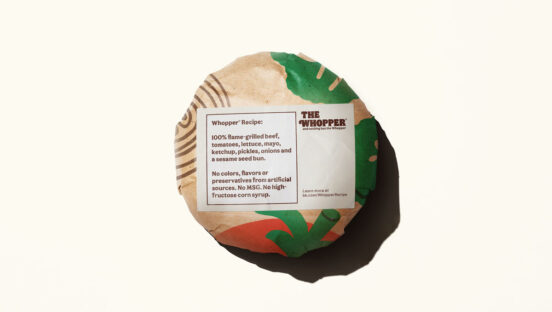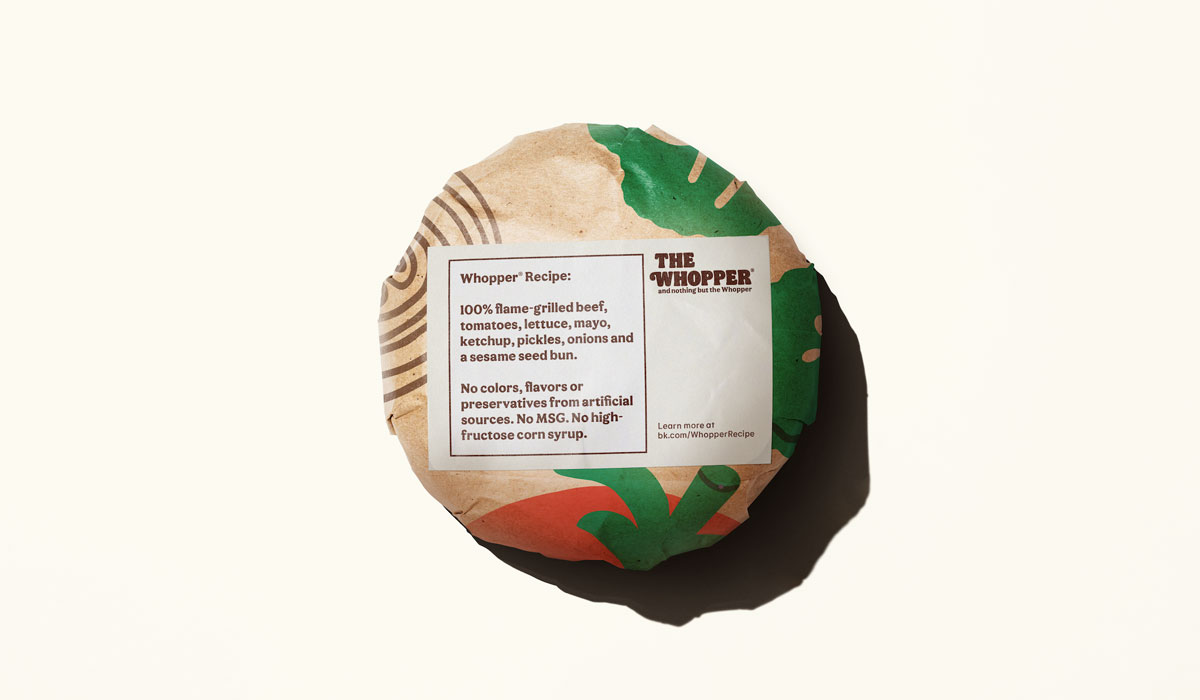Meridian Restaurants Unlimited, a roughly 120-unit Burger King franchisee, declared bankruptcy earlier in March.
The restaurants are across Utah, Montana, Wyoming, North Dakota, South Dakota, Minnesota, Nebraska, Kansas, and Arizona. Meridian also franchises with Black Bear Diner, but that part of the business is not under bankruptcy proceedings.
Meridian attributed its cash flow issues to increased wages (33 percent in the past few years), cost of labor, shipping, and food inflation (22 percent in the past two years), and decreased availability of staffing. For several years—mostly because of COVID—the company has “suffered significantly” from declining foot traffic. This has resulted in lower revenues, without proportionate decreases in rent, debt service, and other liabilities, according to court documents.
The company started from behind. Meridian has lower revenues than the system average because the original founder acquired underperforming restaurants.
“These lower volumes result in smaller profit margins, and thus greater sensitivity to the recent dramatic rise in labor, commodity, and maintenance costs,” court documents state. “As a result, although certain of the restaurants are profitable, others operate at a loss, and have for many years, resulting in the Debtors’ inability to meet financial obligations timely.”
Despite economic challenges, management has improved some metrics, like customer service scores and third-party restaurant inspection scores. Along with increased marketing efforts from Burger King, these enhancements are expected to drive sales. Meridian also believes it can better gross margin by 1-2 percent through waste reduction and shrinkage and lower labor costs as a percentage of sales.
“This combined with restructuring of some assets and obligations will free up cash flow to support day to day operations and management objectives to become a healthy and thriving business,” court documents state.
The company has $14 million in unsecured debt. It owes Burger King royalties, advertising contributions, rent, and other amounts. There are also funds due to other landlords.
The news comes a couple months after 90-unit Burger King franchisee TOMS King declared bankruptcy. Similar to Meridian, the company cited decreased traffic and revenue and unrelenting liabilities.
Systemwide, Burger King has faced lower sales in recent years. The chain’s average four-wall EBITDA was roughly $140,000 in 2022, which is lower then pre-COVID. In response, Burger King implemented a $400 million “Reclaim the Flame” comeback plan, including a $200 million remodel program, $50 million refresh, and $150 million in advertising and digital investments.
Early results are positive. Burger King’s U.S. same-store sales rose 5 percent in Q4, on top of 1.8 percent growth in 2021. It’s a sequential improvement from Q3 when comps lifted 4 percent. Profitability grew 40 percent in the fourth quarter year-over-year, and guest satisfaction lifted at the same rate.












